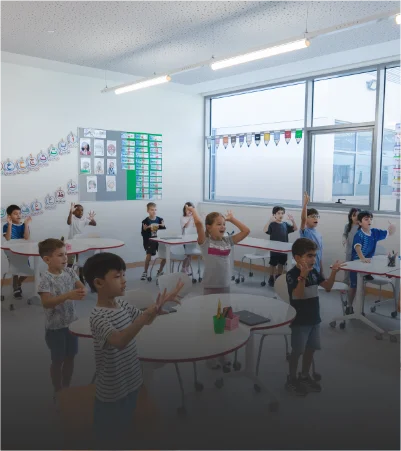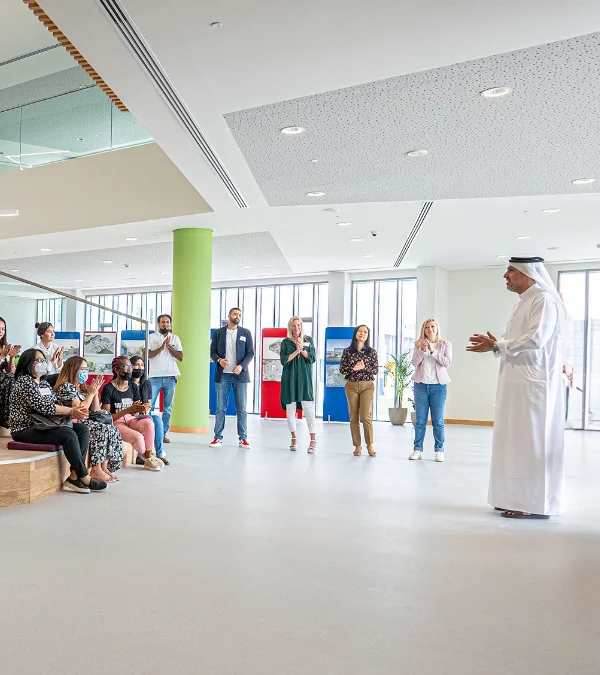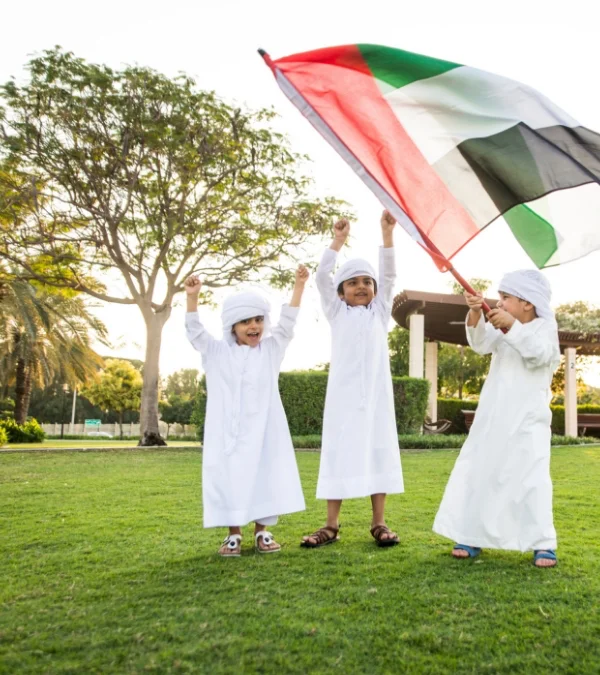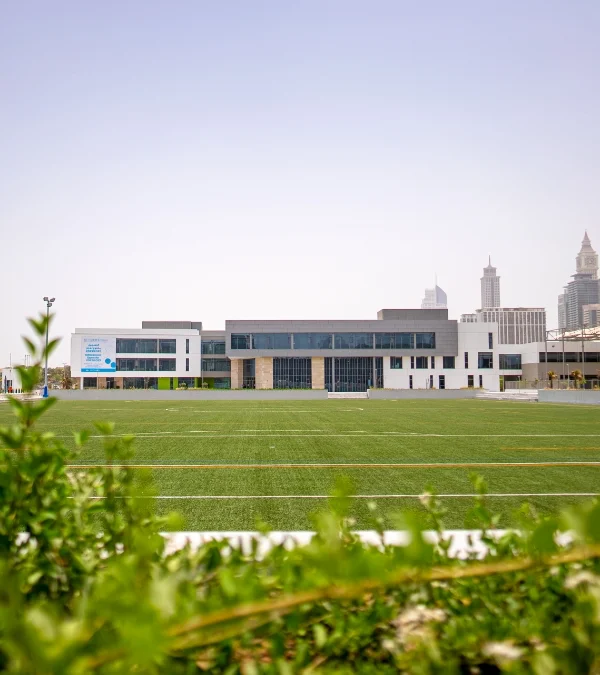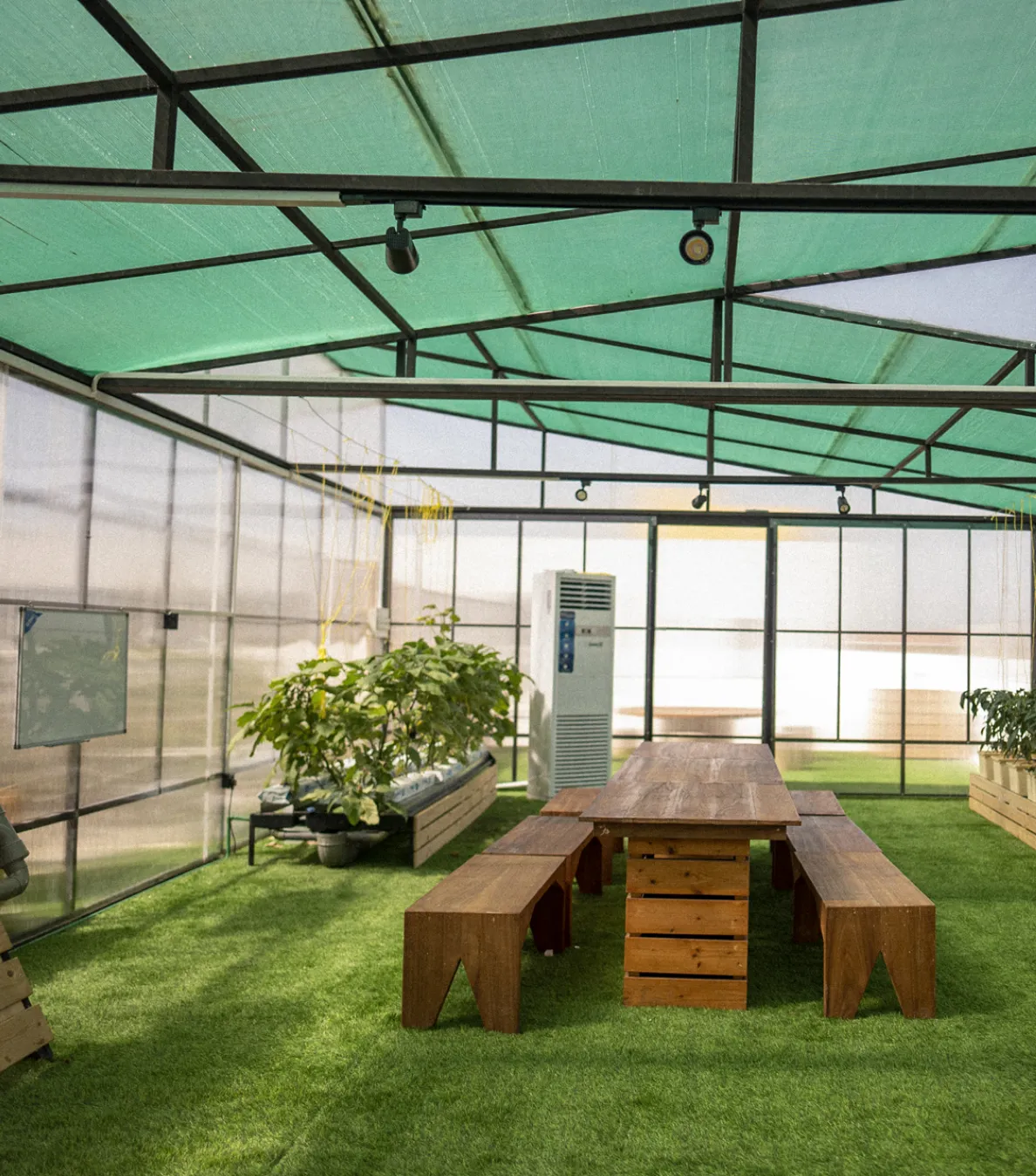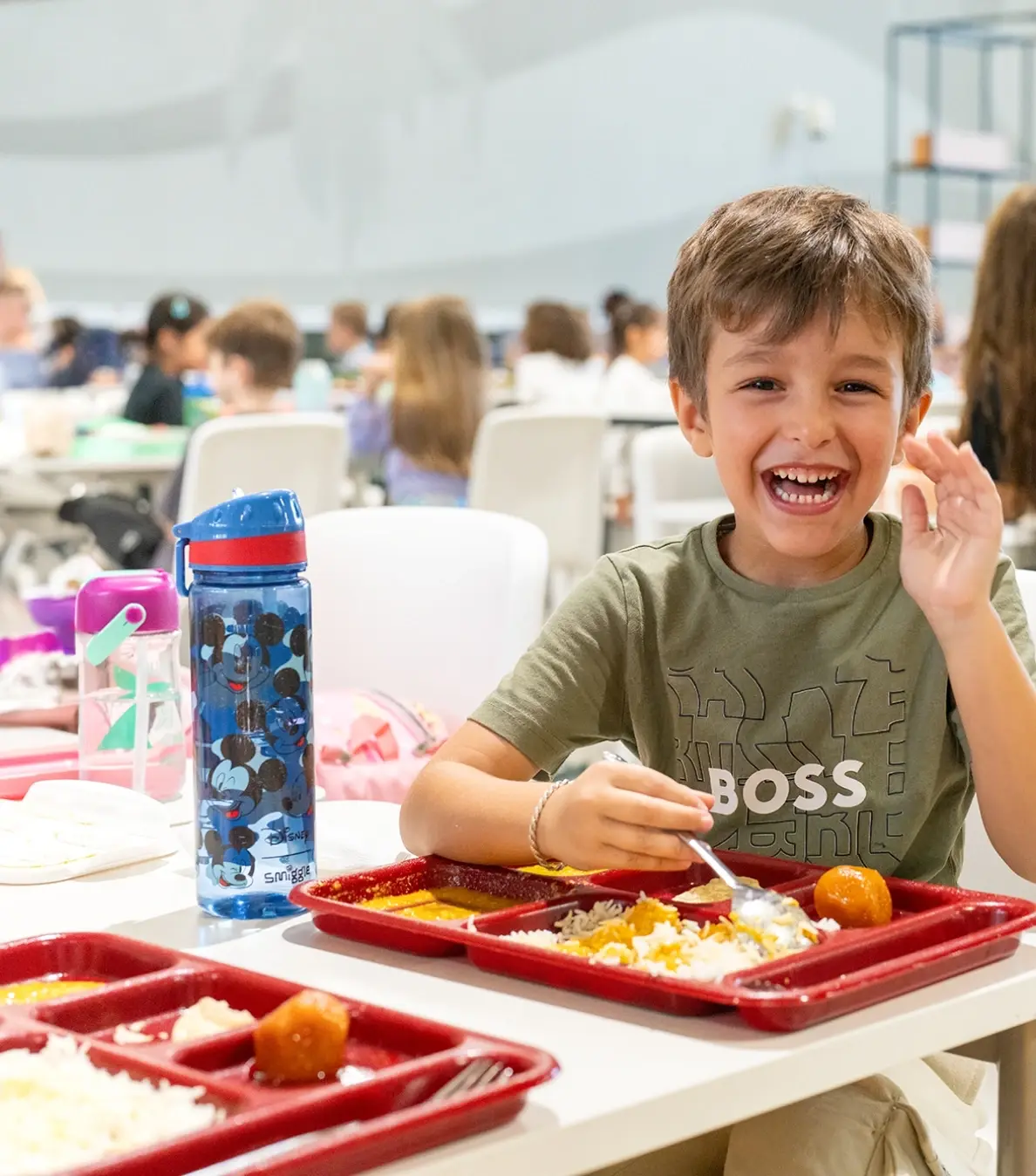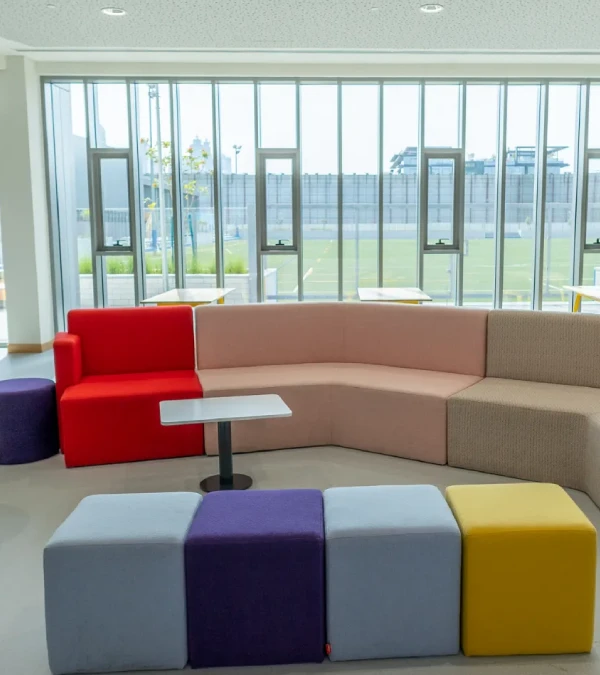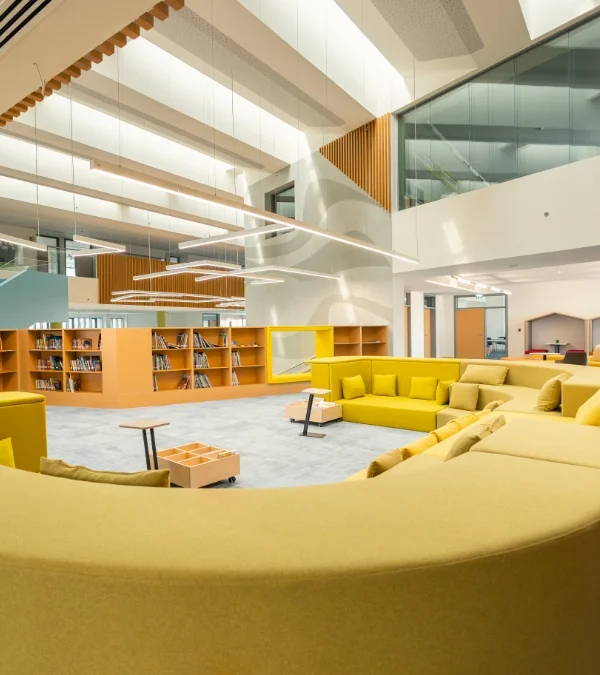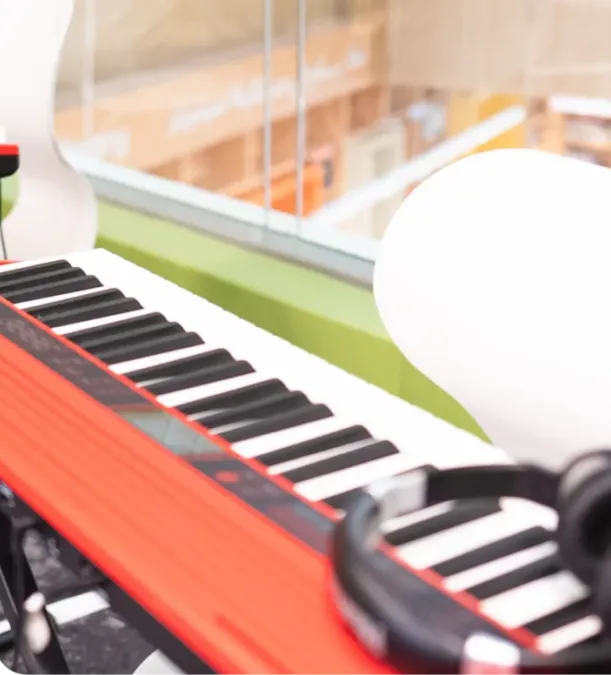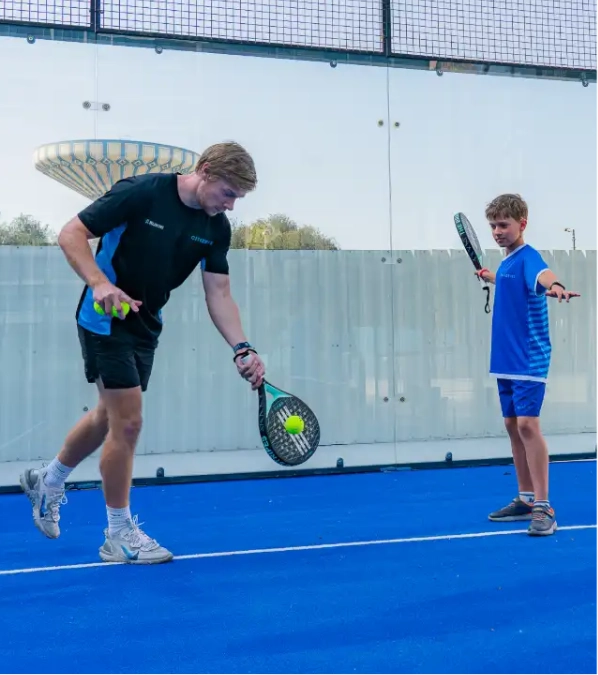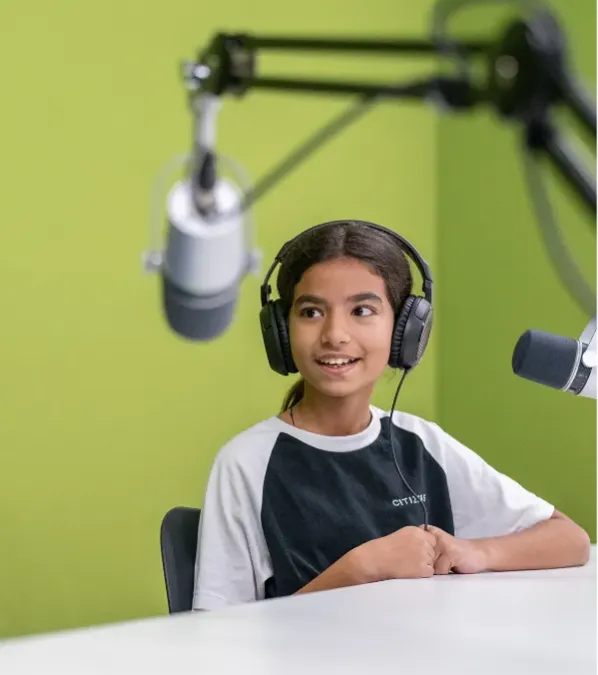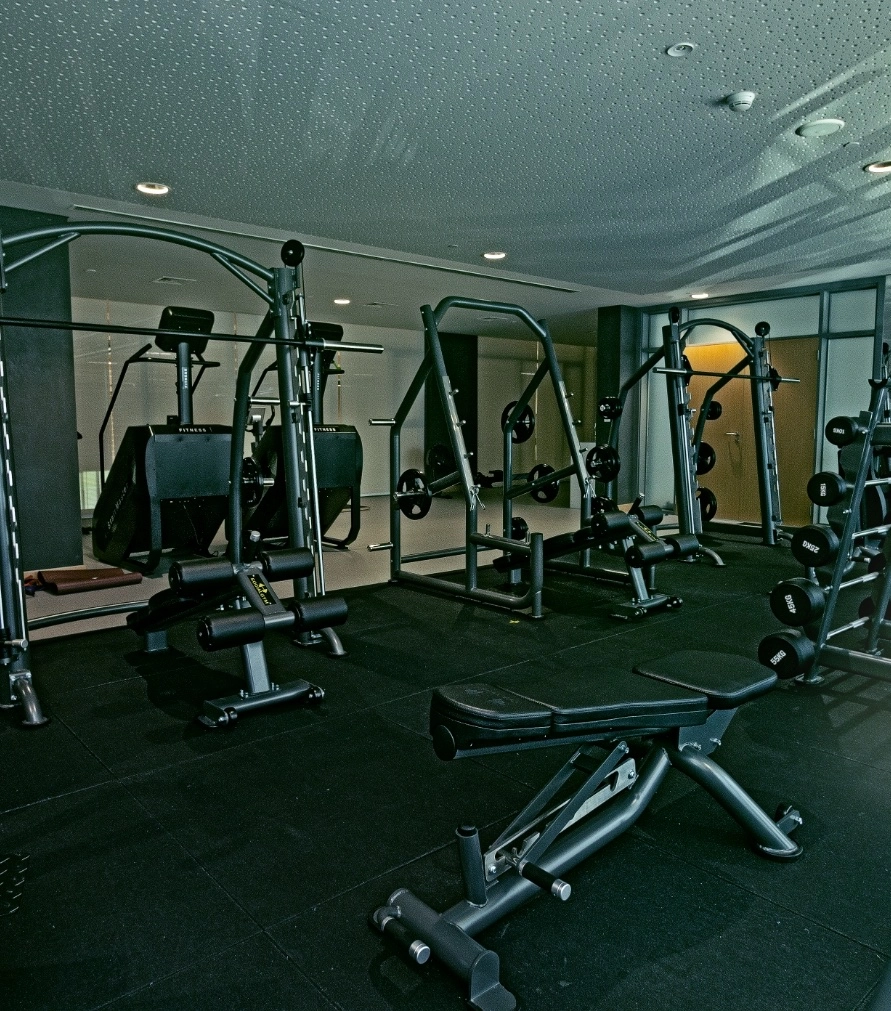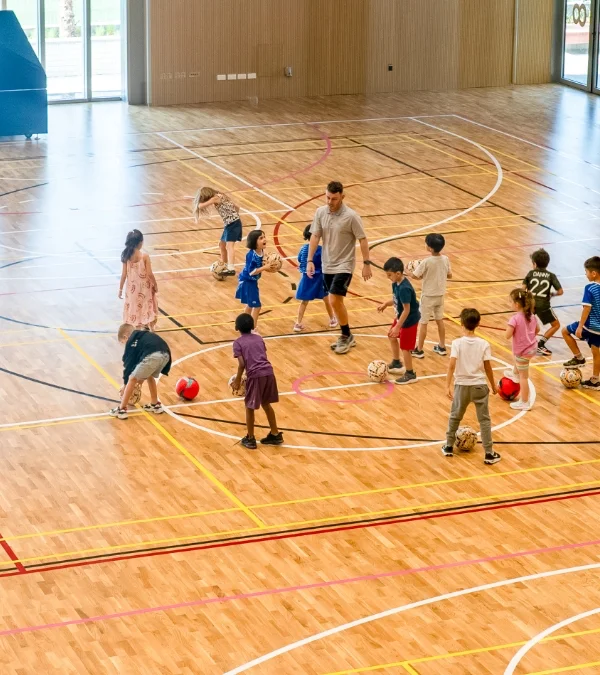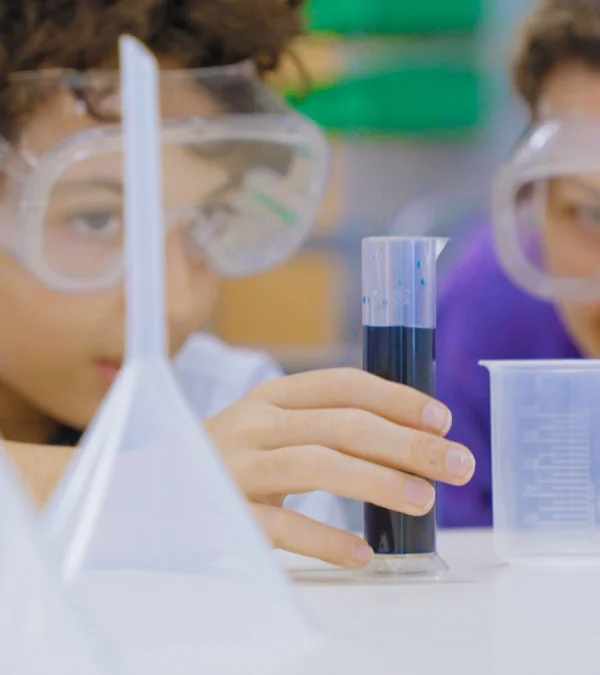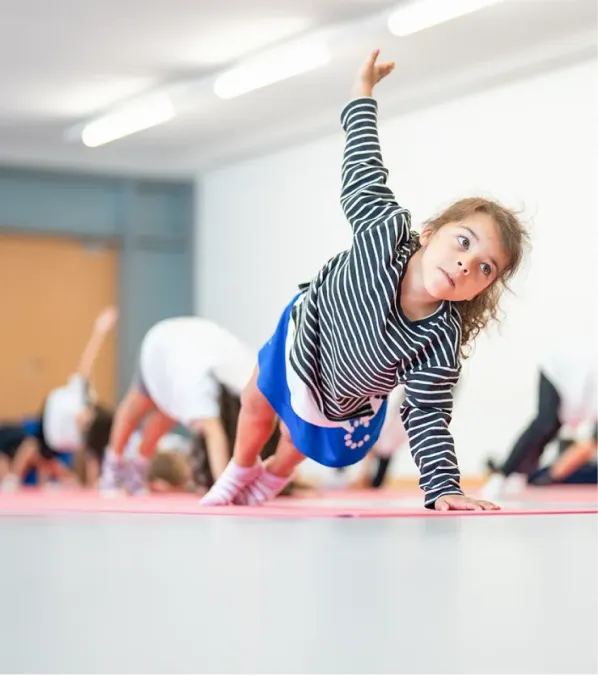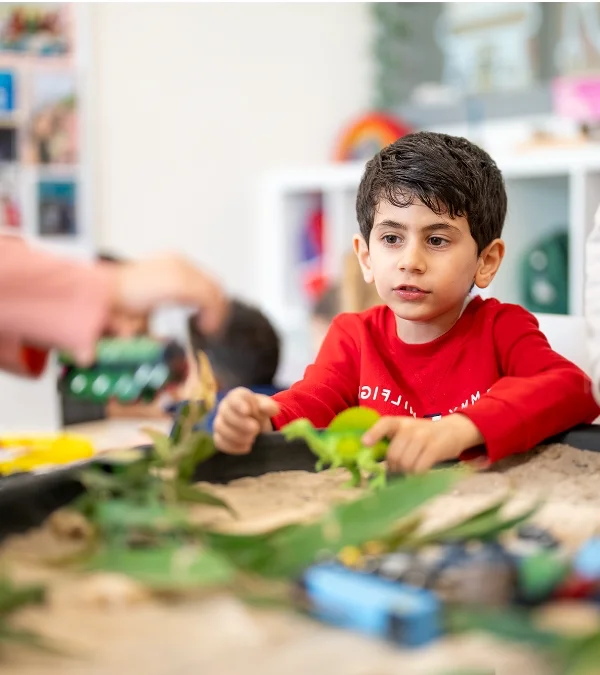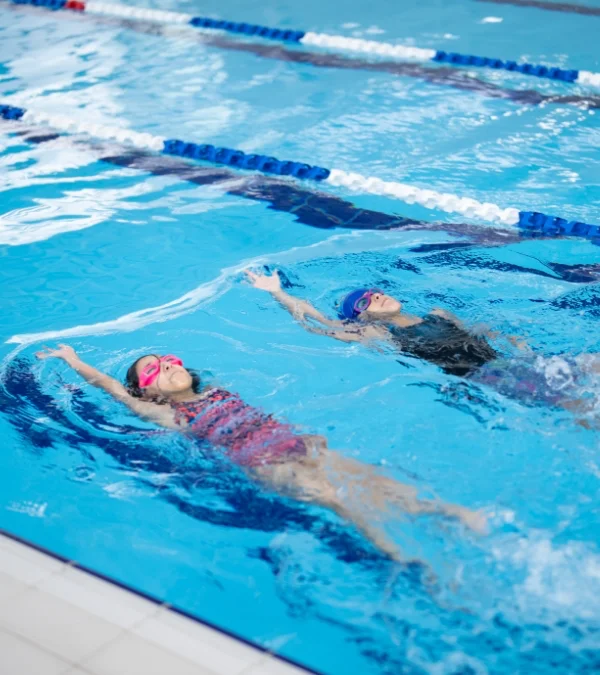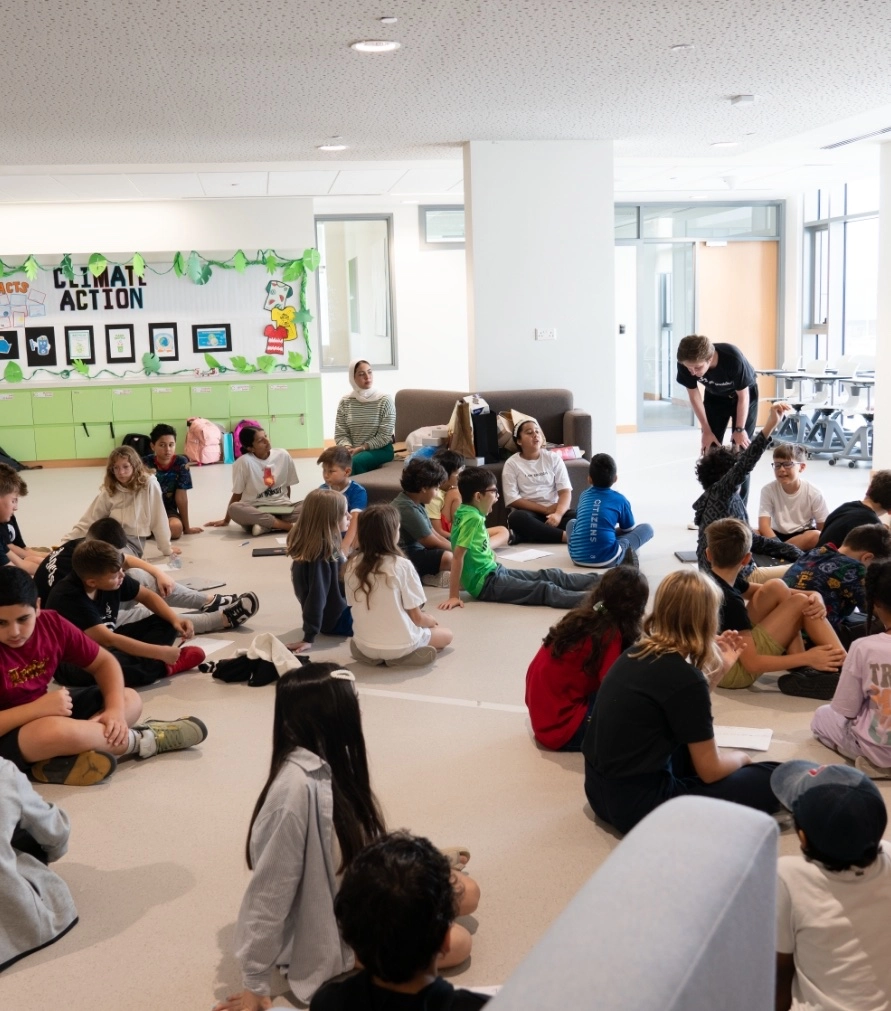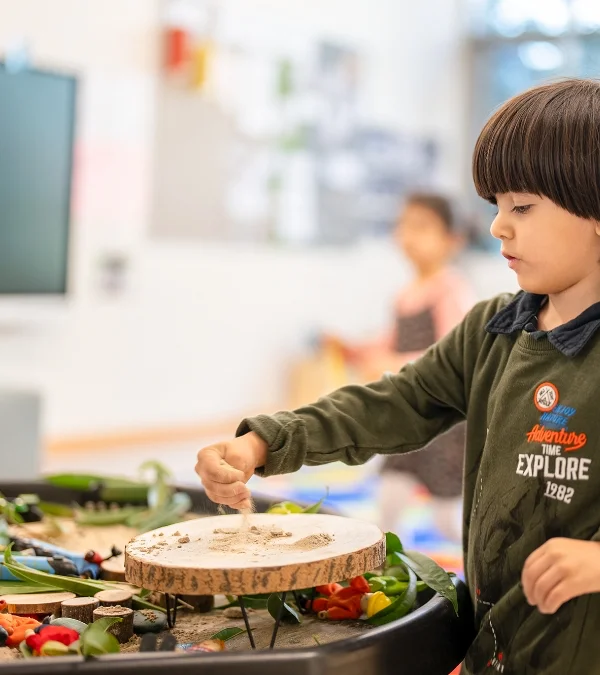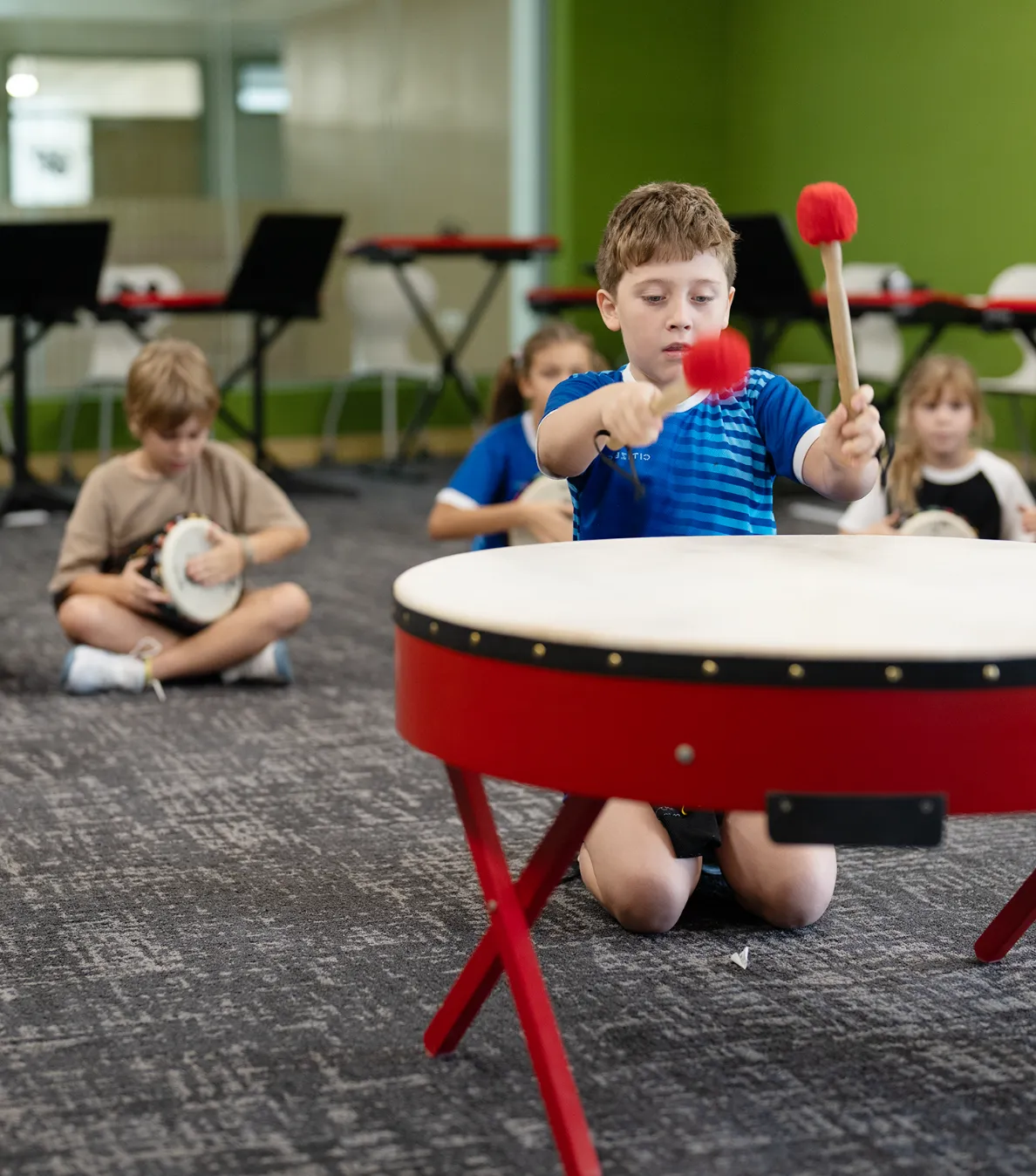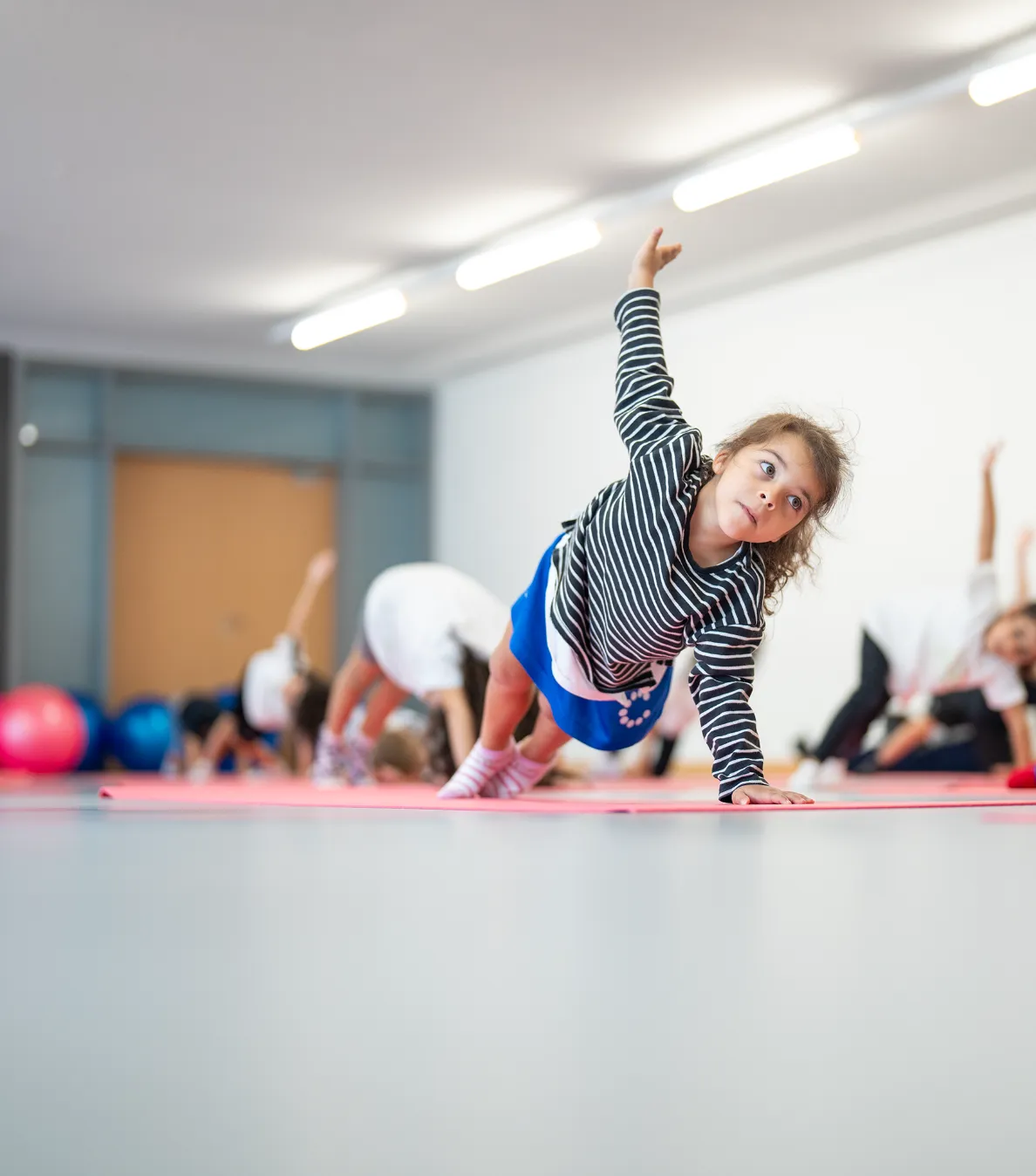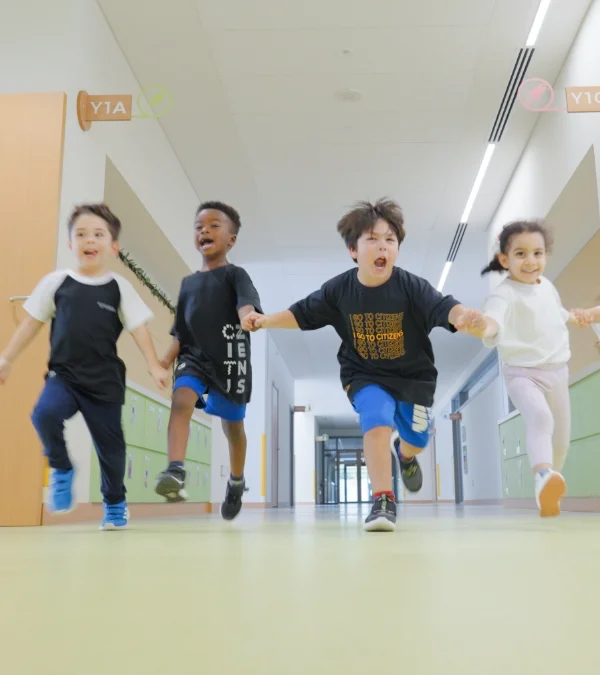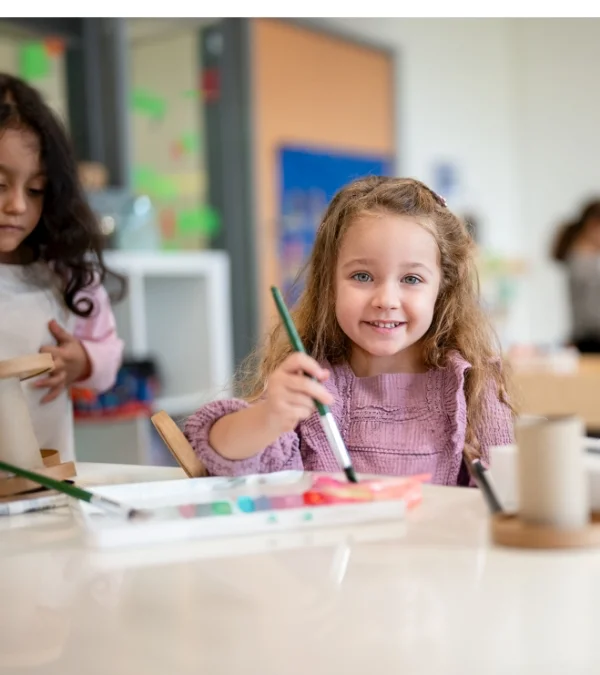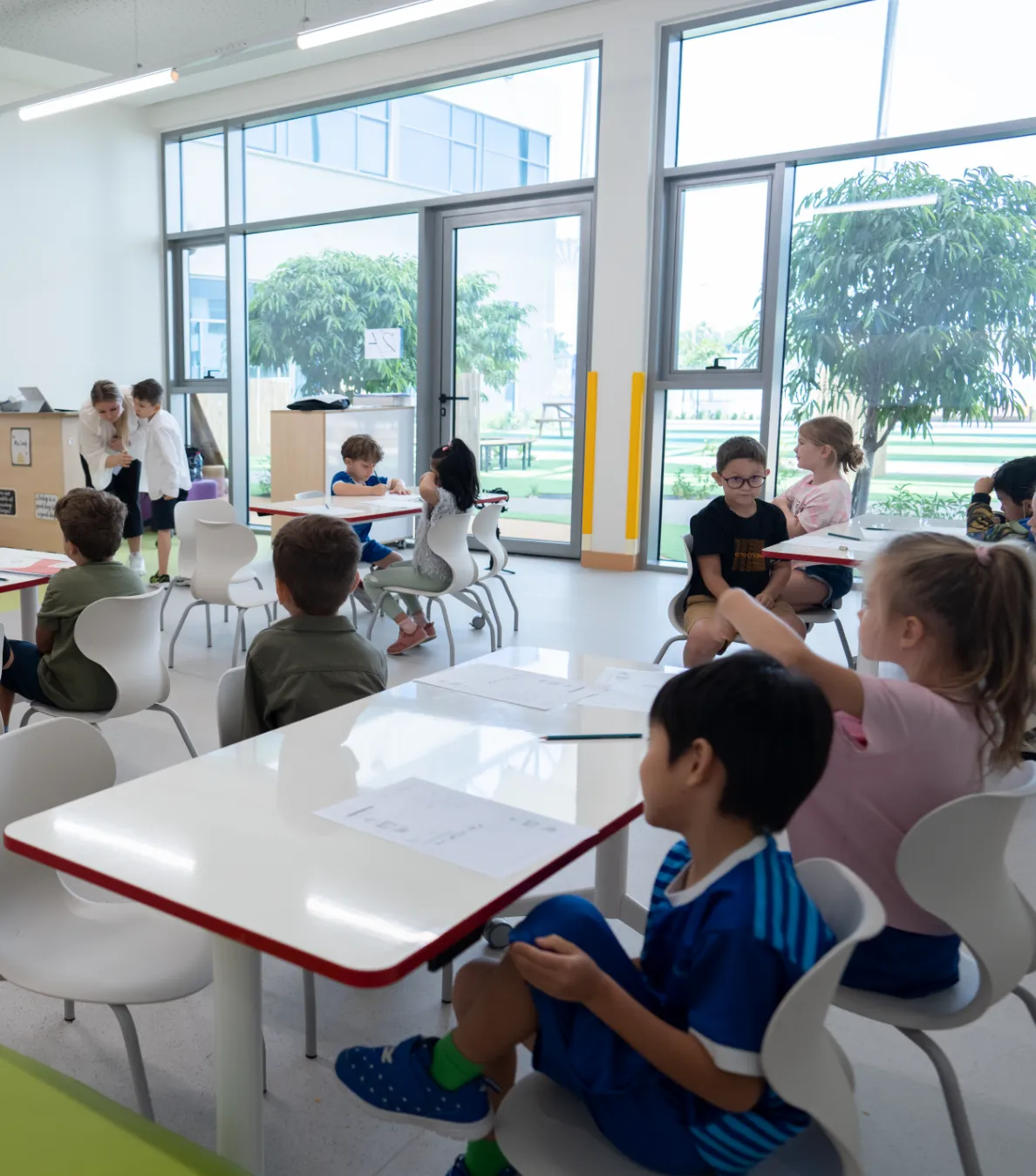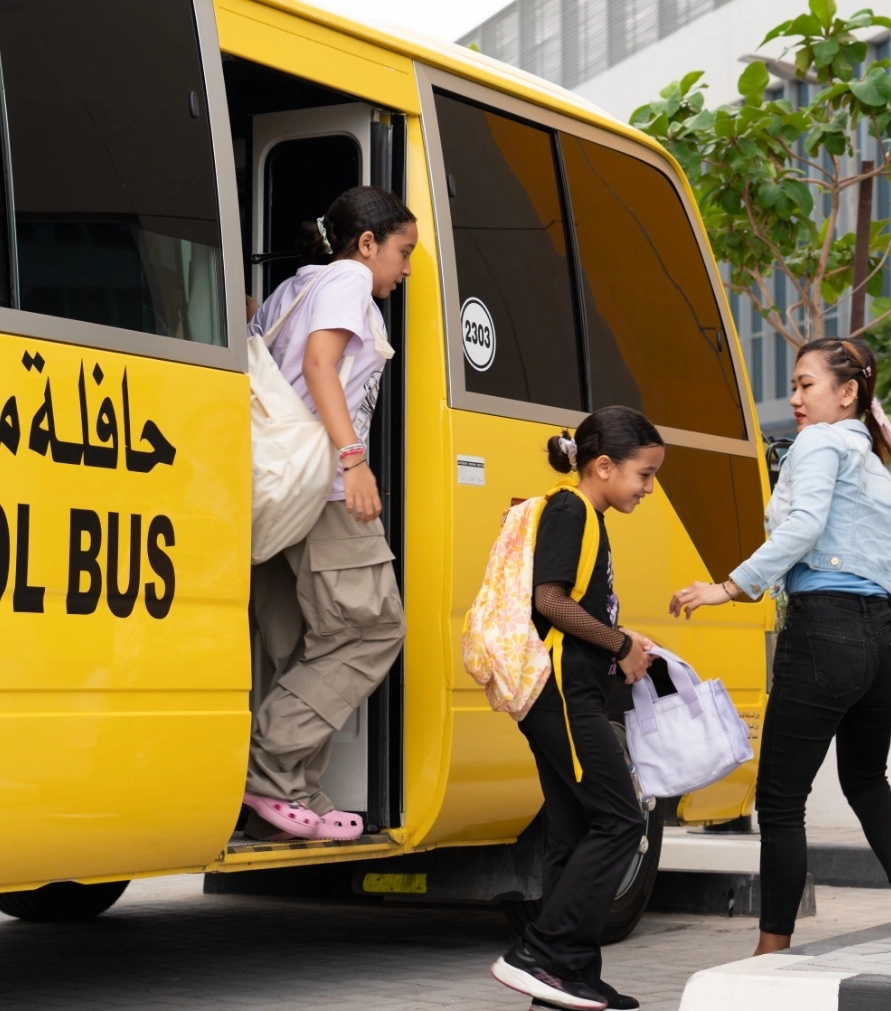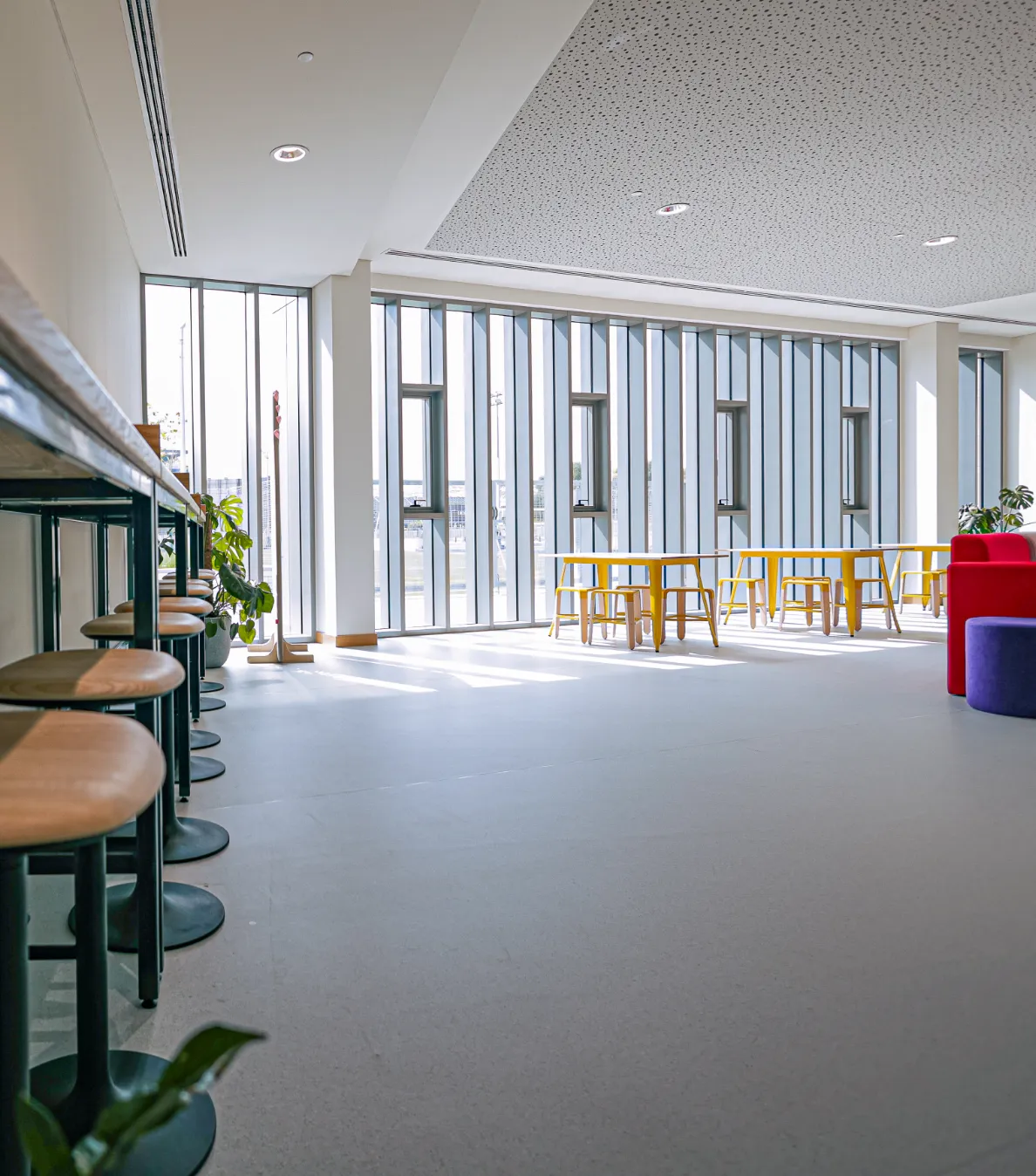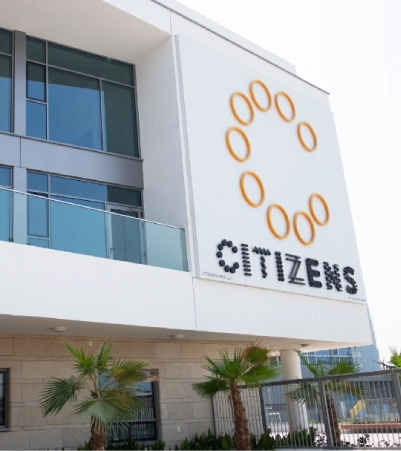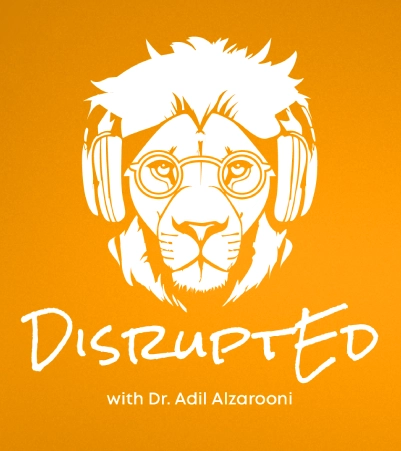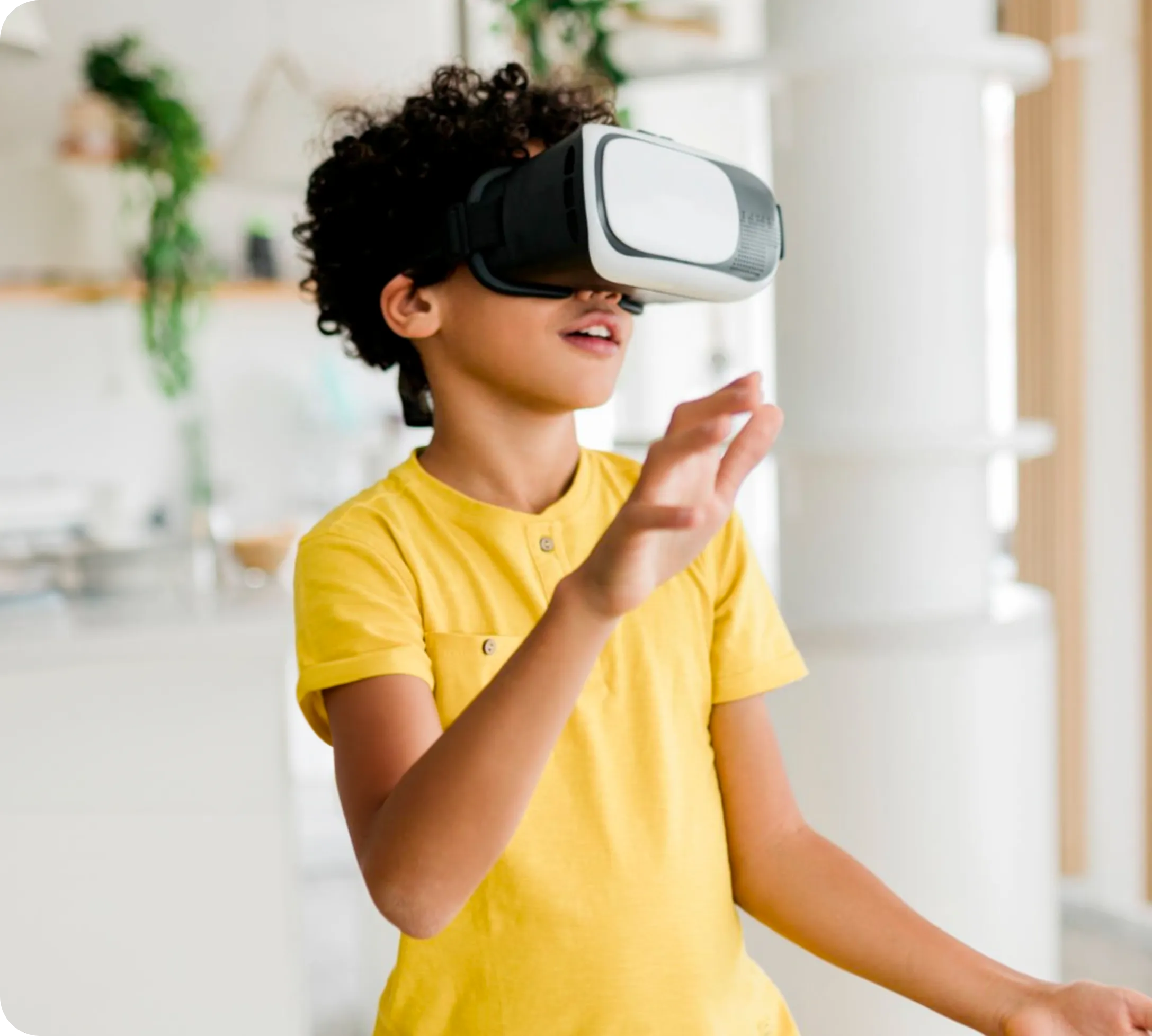
How Project-Based Learning Prepares Learners for the Real World
Education today is evolving to meet the demands of a rapidly changing world. Learners need more than the ability to recall facts. They need to understand how to apply knowledge in meaningful ways. That’s where Project-Based Learning (PBL) comes in. At Citizens School and beyond, PBL in Dubai is gaining ground as a powerful, learner-centred approach. Instead of simply receiving information, students actively engage with real-world challenges, working together to think critically, problem-solve, and build purposeful solutions.
At Citizens School, this approach is not just a teaching method; it’s a belief on which the foundation of our school stands. Learning should be relevant, meaningful, and guided by curiosity. Through hands-on learning in Dubai, learners prepare not just for exams but for life itself.
What is Project-Based Learning and Why Does It Matter?
Project-based learning in Dubai schools is an educational approach that moves learners from passively consuming content to actively applying it. Instead of memorising information for tests, learners engage with real-world problems that require investigation, ideation, and action. They ask meaningful questions, explore diverse perspectives, and build tangible solutions.
This approach deepens learning by making it relevant and personalised. When children see a purpose behind what they’re learning, such as designing a water-saving solution for their community or building a prototype for a classroom tool, they become more invested and engaged.
Along with application, PBL also nurtures agency. With PBL as a teaching methodology, learners aren’t simply following instructions, but they’re making choices, taking responsibility, and reflecting on their growth. It’s a shift from doing schoolwork to doing work that matters. And in that process, learning becomes more than academic; it becomes transformative.
Real-World Skills That PBL Helps Develop
Project-based learning cultivates a suite of capabilities that mirror the demands of today’s world. When learners tackle authentic challenges, they develop essential competencies, collaboration, critical thinking, creativity, and self-management that go far beyond rote memorisation.
Collaboration and Communication
Practising PBL requires teamwork. Learners learn to work and collaborate in teams, negotiate roles, share responsibility, and articulate ideas clearly. They practise active listening, synthesise diverse viewpoints, and ensure that every voice contributes to the solution.
Critical Thinking and Problem Solving
PBT often includes complex, open-ended problems, and learners learn to deconstruct issues, analyse data, and evaluate multiple pathways. They iterate on prototypes, adapt when obstacles arise, and refine their reasoning through reflective feedback.
Creativity and Innovation
PBL encourages learners to generate original ideas and experiment with unconventional approaches. Whether designing a community garden or coding a new app feature, learners apply divergent thinking to produce inventive outcomes.
Time Management and Accountability
Long-term projects require planning, milestone tracking, and personal responsibility. Learners set timelines, monitor progress, and adjust their strategies. These are the skills that mirror professional workflows and instill a strong sense of ownership over their work.
How Citizens School Brings Project-Based Learning to Life
At Citizens School, project-based learning in Dubai is central to how learners learn, connect, and grow. Every project is thoughtfully designed to reflect real-life complexity, ensuring that learning feels meaningful, relevant, and driven by student curiosity.
Transdisciplinary Learning That Reflects Real Life
Projects at Citizens are never limited to a single subject. Instead, transdisciplinary learning in Dubai weaves together disciplines, like mathematics, science, literacy, and the arts, just as they intersect in the real world. For example, when learners design a sustainable city, they explore environmental science, geometry, digital tools, social studies, and ethics, all within one unified learning experience. This approach breaks down silos and helps learners see how ideas connect.
Purpose-Driven Themes Aligned with the Future
Every project is anchored in a theme that matters. Whether it’s addressing food security, developing eco-friendly products, or creating inclusive digital platforms, learners engage with real-world problems. These themes align with the Citizens’ Future Framework pillars, i.e. entrepreneurship, transdisciplinary learning, personalised mentoring (“everyone known and known well”), inquiry-based curriculum delivery, and digital literacy.
Learners might design solar-powered water systems, create mental-wellbeing apps, or develop business proposals for underserved communities. These challenges instill real-world skills through education in Dubai, allowing learners to act with intention and prepare for the complexities of tomorrow.
Real Audiences and Outcomes
Rather than submitting projects only to mentors, learners at Citizens often present their work to peers, parents, community members, and industry partners. This creates a sense of real accountability and pride. Exhibitions, pitch presentations, and collaborative feedback sessions give learners a platform to explain their ideas, defend their choices, and improve through critique. These are the skills they’ll carry far beyond the classroom.
Citizens ensures learning never happens in a vacuum. Each project is designed around connecting knowledge and skills in Dubai schools, helping learners understand not just what they’re learning, but why it matters and how it applies.
Parents as Partners in the Learning Journey
At Citizens School, learning is not confined to the classroom, and it’s certainly not limited to the learner and mentor. Parents are seen as active, valued collaborators in the educational process. Their role goes far beyond attending meetings or reviewing report cards. In a project-based learning (PBL) environment, parent involvement becomes dynamic, meaningful, and deeply connected to their child’s growth.
From the early stages of a project, parents are encouraged to engage with their child’s ideas, questions, and discoveries. Whether it’s discussing a design concept at the dinner table or exploring community issues on a weekend outing, these shared moments reinforce the relevance of learning and strengthen family bonds.
Citizens regularly hosts student exhibitions, learning showcases, and project presentations, where parents don’t just observe but participate. These events offer authentic insight into how and what their children are learning. More importantly, they provide space for children to articulate their thinking and for families to celebrate effort, curiosity, and progress together.
By opening doors to communication and collaboration, Citizens nurtures a school-home partnership rooted in trust, transparency, and shared purpose. When parents are genuinely involved, children feel supported, empowered, and proud of the learning journey they’re shaping.
Conclusion
Project-based learning in Dubai transforms education from static instruction to dynamic exploration. By engaging in authentic, interdisciplinary projects, learners develop critical skills like collaboration, creativity, problem-solving, and self-management that mirror real-world demands.
At Citizens School, PBL is more than a teaching strategy; it’s the bedrock of a future-ready education. Learners tackle purposeful challenges, present to genuine audiences, and receive support from mentors and parents alike. This active learning model promotes confidence, curiosity, and a sense of agency. When families, educators, and learners work together, learning extends beyond the classroom walls and into life itself.
In embracing hands-on learning in Dubai, Citizens are equipped to succeed in an altering world along with succeeding in school.
